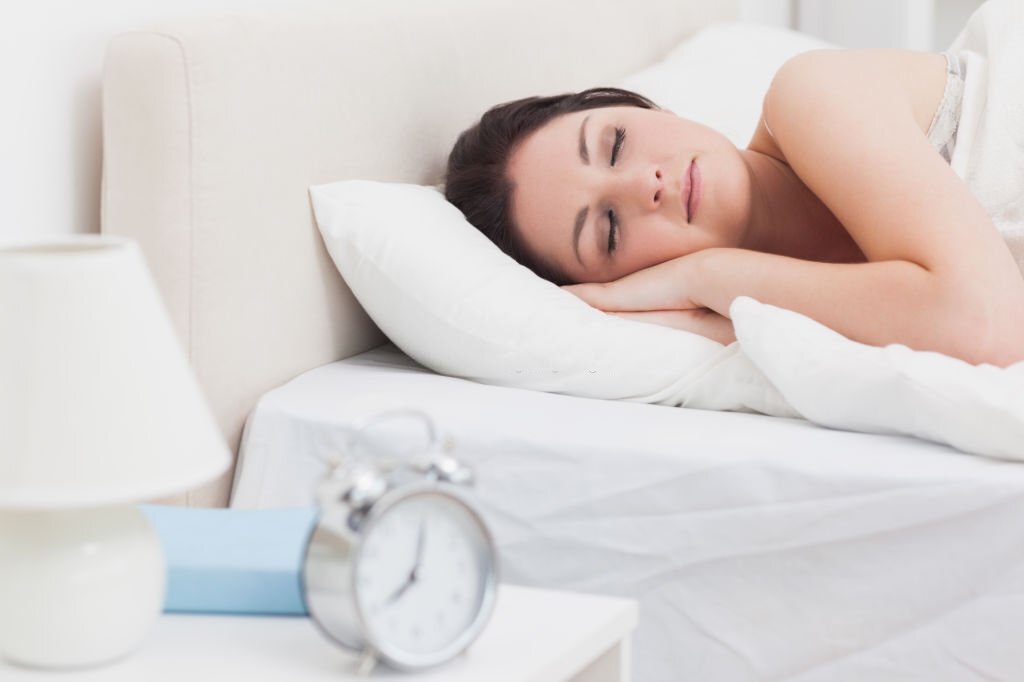Don’t toss and turn all night – find out the best sleep aid for you!

Do you find yourself tossing and turning at night, unable to get a good night’s rest? If so, you’re not alone – millions of people struggle to get a good night’s sleep. With so many sleep aid options on the market, it can be hard to determine which one will work best for you. In this blog post, we’ll explore some of the different sleep aid options available, discussing the pros and cons of each so you can make an informed decision about which sleep aid will work best for your individual needs.
The Different Types of Sleep Aids
When it comes to finding a sleep aid that works best for you, there are a variety of options out there. It can be hard to know which one will provide the best results, so here is a breakdown of some of the different types of sleep aids available.
Over-the-counter (OTC) drugs: These types of sleep aids are usually taken in the form of pills or capsules and typically contain antihistamines such as diphenhydramine.
These medications work by blocking histamine receptors in the brain, which can help promote sleepiness. Common OTC sleep aids include Unisom, Nytol, Sominex, and Compoz.
Over-the-Counter (OTC) Sleep Aids
When it comes to choosing a sleep aid, there are many options available over the counter (OTC). Before taking any medication, it’s important to talk to your doctor about what works best for you.
Here are some of the most common OTC sleep aids:
Non-Prescription Sleep Aids: Non-prescription sleep aids are typically used to treat insomnia when other treatments haven’t been effective on their own or when prescription medications aren’t desired or needed. The FDA requires all OTC medications to carry warnings and precautions for use so read labels carefully before use.
Prescription Sleep Medications
When it comes to sleep, the most effective form of aid is often prescription medications. While there are many natural remedies and over-the-counter sleep aids available, they can be unreliable and ineffective in some cases.
On the other hand, prescription sleep medications have been specifically formulated to provide reliable and consistent relief from sleep problems.
The most common prescription hypnotics are benzodiazepines (such as diazepam, lorazepam, clonazepam, and temazepam) and nonbenzodiazepines (such as zolpidem, eszopiclone, and zaleplon).
Common sedatives include barbiturates (such as phenobarbital), antidepressants (such as trazodone), and antipsychotics (such as quetiapine).
Before taking any prescription medication, make sure to consult with your doctor or healthcare provider to ensure it’s the right treatment for you. Additionally, always follow the dosage instructions carefully, as prescribed sleep medications can be habit-forming if not taken responsibly.
Melatonin
If you’re having trouble falling asleep or staying asleep, Melatonin could be a great option for you. It is known to be one of the safest, most effective ways to promote healthy sleep patterns.
It is important to note that while it is effective, it may not work for everyone.
Some people find it more helpful than others, and it might take a few tries to find the right dosage and timing that works for you.
When taking Melatonin, it is best to start with a low dose and gradually increase as needed.
It’s also important to take it at least 30 minutes before bedtime so that it has time to take effect.
You can also combine Melatonin with other natural sleep remedies, such as chamomile tea or magnesium supplements, for a more comprehensive approach to better sleep.
If you’re looking for an effective sleep aid with few side effects, Melatonin might be the perfect solution for you. Talk to your doctor about the best dosage and timing for your particular needs, and see if Melatonin is the right choice for you.
Herbal Supplements
There are many different types of herbal supplements that can be used to promote better sleep, but some of the most popular include chamomile, lavender, valerian, lemon balm, hops, and passionflower. All of these herbs have been used for centuries to improve sleep quality.
Chamomile is one of the most commonly used herbs for sleep. It has a calming effect on the mind and body that can help reduce stress levels and improve relaxation. This herb is also known to help reduce anxiety, which can also help with getting a better night’s rest.
Lavender is another great herb for sleep, as it has sedative properties that can promote relaxation. In addition to its sedative effects, lavender also helps to reduce tension headaches and may even reduce symptoms of depression and anxiety.
Valerian is another herbal remedy for sleep that is thought to reduce insomnia and improve sleep quality. This herb is believed to act as a natural sedative and is often used in combination with other herbs such as chamomile or hops.
Lemon balm is another popular herb for sleep that is known to have a calming effect on the body and mind. It is thought to increase serotonin levels, which can help promote relaxation and reduce stress.
Hops is a herb that is commonly found in beer, but it has also been used to treat insomnia for centuries. This herb contains compounds that are thought to improve sleep quality by promoting relaxation and reducing anxiety levels.
Finally, passionflower is an herb that has been used to improve sleep quality since the time of ancient Egypt. It contains compounds that act as mild sedatives and may also help reduce symptoms of anxiety and depression.
When to See a Doctor
If you’ve been struggling to get a good night’s sleep and have tried a variety of sleep aids, but still can’t seem to get enough rest, then it might be time to see a doctor.
Seeing a doctor can help you to identify underlying causes of sleep difficulties, such as anxiety or depression. A doctor may also be able to recommend medication, lifestyle changes or other treatments that could help you get better sleep.
SlIf you’re experiencing side effects from any of the sleep aids you’ve tried, it’s important to talk to your doctor about those as well.
Your doctor will also be able to help you determine if a particular sleep aid is safe for you to use. Some people find that certain types of medications can make them feel worse, so it’s important to discuss any concerns with your doctor before taking any kind of sleep aid.
In addition to seeing a doctor, there are some lifestyle changes that can help you get better sleep. Establishing a regular bedtime routine, avoiding screens and electronics close to bedtime, and getting regular exercise can all help improve your quality of sleep.
If you’re having difficulty sleeping and have already tried different types of sleep aids, then it may be time to speak with your doctor about the best options for you. Your doctor can provide insight into underlying causes and help you develop an effective treatment plan for better sleep.





